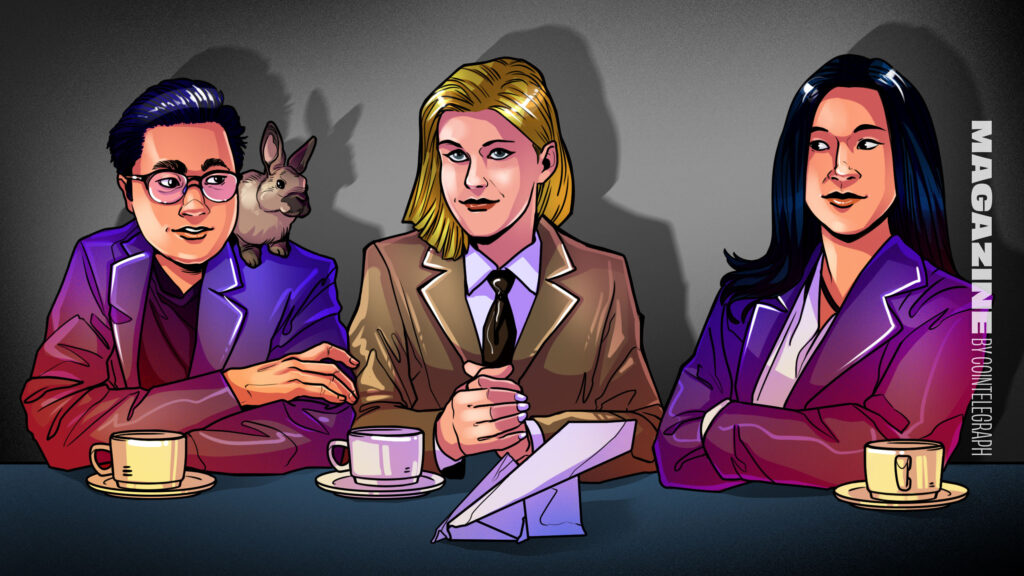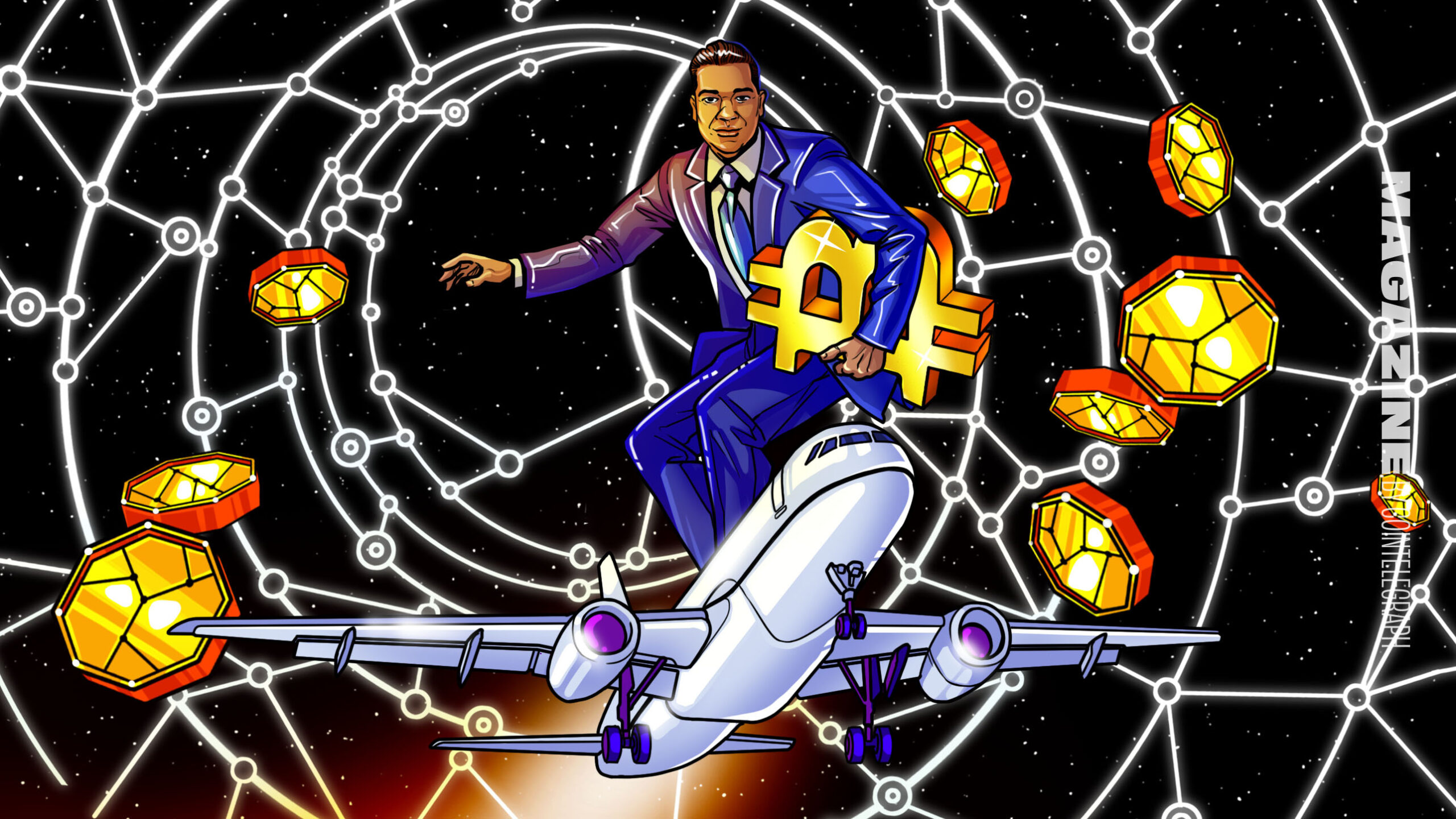
Was it right to arrest Telegram founder Pavel Durov? Or is it like arresting a telco CEO because criminals discussed crime on a phone call?
Each month, our panel of crypto lawyers looks at the legal implications of some of the thorniest problems facing the industry in different jurisdictions around the world.
The arrest of Telegram CEO Pavel Durov in France has reignited a global debate on the rights and responsibilities of social media platforms.
Is it right to arrest a founder for criminal behavior on their platform they had nothing to do with? Critics have likened it to arresting the head of a phone company because criminals discussed a crime on a call.
The European Union has rolled out increasingly restrictive laws with the Digital Services Act (DSA) and the General Data Protection Regulation (GDPR).
The DSA sets strict obligations for online platforms to tackle illegal content and ensure transparency. Meanwhile, the GDPR is a comprehensive law that governs how personal data is collected, processed and stored.
With vast amounts of user-generated content (UGC) flowing across global platforms, where do we draw the line between free speech, internet safety and privacy?





